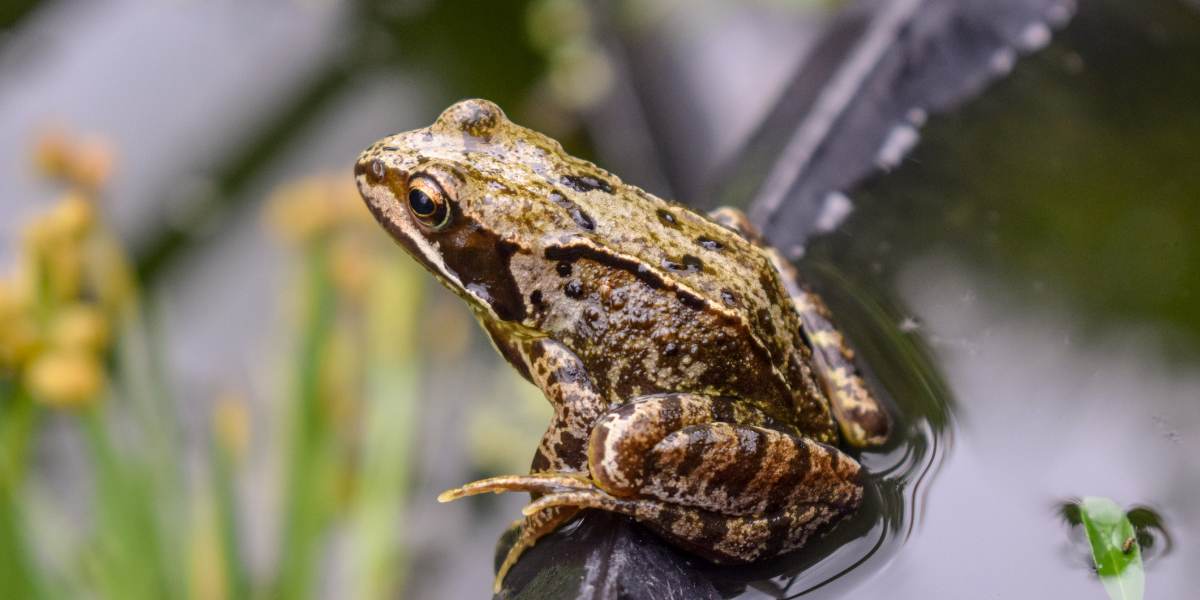A new treatment option for people with type 2 diabetes could come from a molecule secreted by frogs.
Research presented at the Diabetes UK Professional Conference 2023 discovered that the protein Hoplobatrachus rugulosus, secreted by the East Asian bullfrog, boosted insulin production and improved glucose tolerance.
The GLP-1 group of type 2 diabetes drugs, including dulaglutide and semaglutide, have been based on molecules that are found in animal venom. It is already known that skin secretions from frogs have insulin-stimulating properties.
Existing research already analysed the secretions and detected the molecule tigerinin-1r which improves insulin release and suppressing glucose.
When presenting the recent study at the conference, Dr Opeolu Ojo, from the University of Wolverhampton, discussed the effects of combining tigerinin-1r with GIP.
GIP is a hormone used in tirzepatide, an existing type 2 diabetes drug which encourages insulin to be released from the pancreas whist simultaneously suppressing appetite.
Using cells in the lab, the researchers discovered that combining the two molecules caused no safety concerns and increased insulin production by 50 per cent compared to tigerinin-1r, and 30 per cent compared to just GIP.
The combination drug also proved more effective at improving glucose tolerance compared to tigerinin-1r and just GIP.
Dr Opeolu Ojo explained: “Our research has uncovered the great potential of peptides from amphibian skin secretions, particularly their potential clinical use as novel agents for treating type 2 diabetes.
- Shake diet to reverse type 2 diabetes “sends the wrong message”
- Type 2 diabetes can be put into remission for at least 5 years with weight loss
“By combining these peptides with some of the molecules that our body produces naturally, our desire is to create a safe and powerful alternative to current anti-diabetic medications which have many challenges, including their side effects and the ability to restore the body’s ability to control blood glucose.”
Dr Elizabeth Robertson, Director of Research at Diabetes UK, added: “This innovative research has identified the untapped potential of a molecule secreted by frogs, that could boost existing type 2 diabetes drugs, leading to new and improved type 2 diabetes treatment options.
“We look forward to further research to explore how this exciting new combination treatment could be used to help people living with type 2 diabetes manage their blood sugar levels and potentially reduce their risk of serious diabetes-related complications.”





